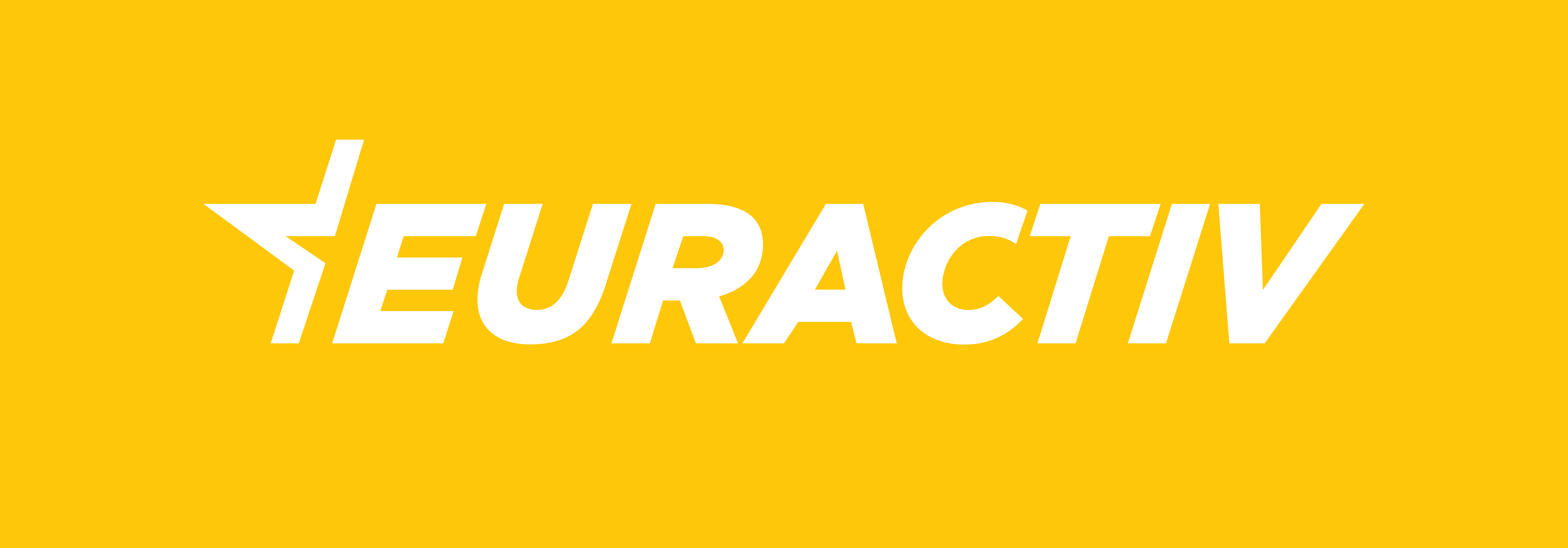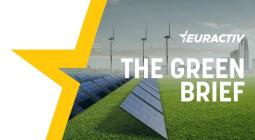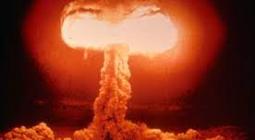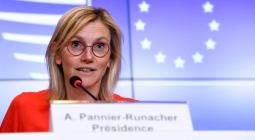Nuclear vs renewables: Two camps clash in Brussels
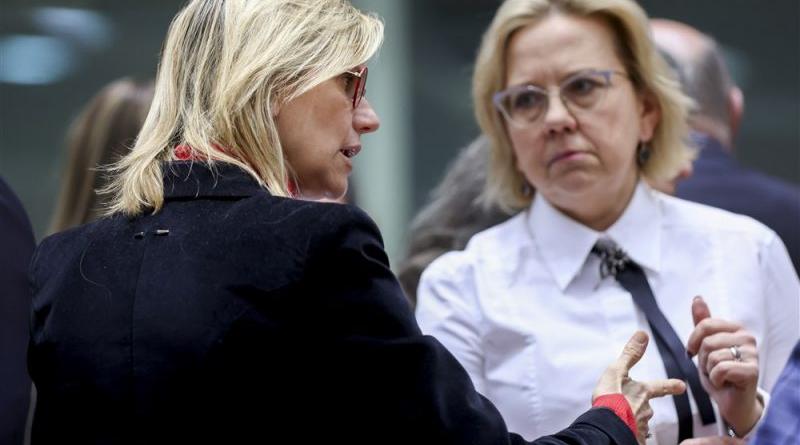
EU energy ministers were divided into two camps at the EU Council meeting on Tuesday (28 March): the pro-nuclear alliance, which includes France and 10 other member states, and the “renewable friendly” group, composed of 10 EU states.
Read the original French article here.
At an EU summit in February, France set up an ‘alliance’ of pro-nuclear countries, with Bulgaria, Croatia, the Czech Republic, Finland, Hungary, the Netherlands, Poland, Romania, Slovakia and Slovenia.
Ahead of a meeting of EU energy ministers on Tuesday (28 March), French Energy Transition Minister Agnès Pannier-Runacher reconvened the group in Brussels.
These countries have now “fully recognised that nuclear is a strategic technology for achieving climate neutrality”, according to a joint press release – a reference to the European Commission’s Net-Zero Industry Act, which did not mention nuclear among the “strategic” technologies to reach the EU’s climate goals.
New allies
Tuesday’s meeting organised by France included two new “observers”: Italian Energy Minister Gilberto Pichetto Fratin and his Belgian counterpart Tinne Van der Straeten.
The presence of the Belgian minister, a Green politician opposed to atomic energy, can be explained by the outcry that followed the closure of two of the country’s seven nuclear reactors in the midst of the energy crisis last year. Since then, the government has come back on its decision and announced a 10-year extension plan for a series of reactors that were supposed to close in 2025.
Belgium and Italy may also be interested in the development of new technologies such as small modular reactors (SMRs), which, unlike larger nuclear plants, enjoy a certain consensus at EU level. In Italy, seismic constraints would anyway rule out the construction of large-scale reactors.
The Netherlands, which participated at the opening meeting in February, attended the pro-nuclear gathering as an observer this time around. The Dutch are seeking to build two new reactors and the alliance could contribute to the quality of the preparatory studies undertaken for that purpose.
France is also banking on the Dutch to advance its pro-nuclear lobbying as it seeks to rely on partners traditionally close to nuclear-sceptic Germany.
“Friends or renewables”
On the other side of the energy aisle, Austria convened other member states to a breakfast meeting of a rival group calling themselves the “Friends or renewables”.
In attendance were Estonia, Spain, Germany, Denmark, Ireland, Luxembourg, Portugal, Latvia and Lithuania, for whom only renewables can be tolerated in the EU’s plans to decarbonise its energy mix.
Austrian Energy Minister Leonore Gewessler even said she was “ready to fight” to prevent nuclear from being considered on an equal footing with renewables – a move which according to her, would be tantamount to “greenwashing”.
“It is absolutely clear that there cannot be an equation taking nuclear energy and renewable energy at the same time. They are two completely different discussions,” she said ahead of the council meeting in Brussels.
Aware of Vienna’s aversion for nuclear, Pannier-Runacher explained her approach in an interview to the Frankfurter Allgemeine newspaper in Germany ahead of the Brussels meeting.
Paris “has chosen nuclear as much as renewables”, the French minister said in the interview, noting that “France and Germany have had the same proportion of renewables every year since 2012”.
Reiterating France’s position, Pannier-Runacher underlined that France merely sought to ensure all low-carbon energy sources, including nuclear and renewables, are treated “on an equal footing” in EU regulations.
France, supported by the pro-nuclear countries, is demanding explicit recognition of the role played by low-carbon hydrogen produced from nuclear electricity in the objectives of the Renewable Energy Directive (RED3) – something the renewable camp opposes.
“Renewable means renewable”, said Luxembourg’s Energy Minister Claude Turmes, repeating a mantra of the anti-nuclear countries.
When Pannier-Runacher raised the issue at Tuesday’s energy council, Turmes reacted dismissively, saying the renewable energy directive was not on the agenda and that he didn’t want to be “held hostage” by France.
Commission as referee
The European Commission, in the middle of all this, is trying to play both sides of the fence but ended up adding to the confusion.
At an EU summit last week, European Commission President Ursula von der Leyen said that nuclear power “can play a role in our decarbonisation effort” but that it was not “strategic” for the EU’s future decarbonisation – a public statement that triggered furious reactions in France.
Taking the opposite view, Pannier-Runacher said at Tuesday’s energy council meeting that the Commission had “recognised” the necessity to “consider all the levers that make it possible to achieve carbon neutrality”.
France is now counting on the pro-nuclear states to support its position on low-carbon hydrogen during potentially decisive negotiations on the renewable energy directive, due to take place on Wednesday (29 March).
Yet, backing from “observer” countries is not guaranteed. Italy, for one, has made it clear that it has not signed a joint document, while the Netherlands and Belgium also participated in the “Friends of renewables” meeting organised by Austria.
Paris, meanwhile, sought to build bridges with the pro-renewables camp.
“What is at stake is not to oppose nuclear and renewables, what is at stake is to take into account everything that allows us to become carbon neutral and to lower our CO2 emissions by 2030,” Pannier-Runacher said.
Paul Messad
Reporter, Energy & Environment
COVER PHOTO: Pannier-Runacher told EU energy ministers Tuesday that the Commission had "recognised" at the nuclear alliance meeting that it was necessary to "consider all the levers that make it possible to achieve carbon neutrality". EPA-EFE/OLIVIER HOSLET [EPA-EFE/OLIVIER HOSLET]
